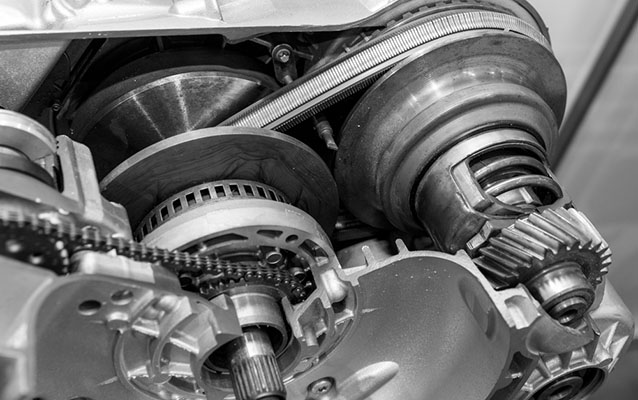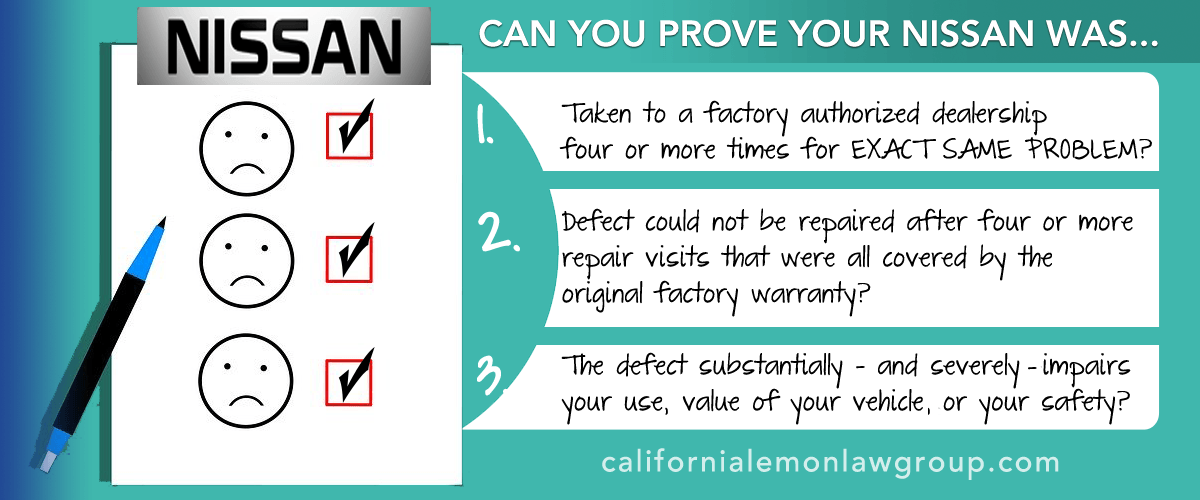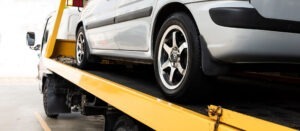
Continuously Variable Transmission (CVT) in Nissan’s 2019 – 2023 models:
It takes special training to be able to repair a CVT transmission, so parts and labor can be rather costly. Also, if you own a Nissan vehicle equipped with a CVT transmission system and you need to have your car towed to the dealership, and not all CVTs can handle being towed. Check your owner’s manual before you call for a tow truck.
For example, the Nissan Rogue AWD (CVT transmission) needs to be towed on a flatbed. Towing an AWD with any of the wheels on the ground may cause serious damage to the powertrain. For Front-Wheel Drive (FWD) models, Nissan recommends that your vehicle be towed with the front wheels up off the ground.
The most common problems with Nissan’s CVT transmission include:
If you’ve taken your vehicle to your Nissan dealership multiple times for the exact same problem, and repairs have been made under the original manufacturer’s warranty, and that defect substantially impairs your use, value, or safety, you may be entitled to relief under the lemon law.
Is Your Nissan with a CVT Transmission a Lemon?

In order for us to obtain a full lemon law repurchase for you pursuant to California’s Lemon Law, we have to prove 3 things:
- Your vehicle was taken to a factory authorized dealership for the EXACT same major defect four or more times; and
- The defect cannot be repaired after four or more repair visits that were all covered by the original factory warranty; and
- The defect substantially impairs your use, value, or safety. The substantial impairment requirement means that your vehicle’s defect needs to be serious enough that it severely impacted your use, the value of your vehicle, or your safety. If you are putting more than 20,000 miles on your vehicle per year, this makes it extremely difficult to prove that your use, value, or safety have been substantially impaired.
Remember to keep all of your repair orders and invoices so that in the event you want to file a lemon law claim, you have all of the evidence in your possession.
Can the Dealership Buy Back Your Vehicle?
The only entity that can truly buy a consumer’s car back from them under the California Lemon Law is the automobile manufacturer; not the dealership.
Occasionally, an automobile manufacturer may agree to buy a consumer’s vehicle back from them, but the terms of the buy back may not conform to the law. For example, under the California Lemon Law, a consumer is entitled to:
Still not sure whether your Nissan with a CVT Transmission can be considered a lemon under the California Lemon Law? Give us a call for a free case evaluation!
Call us at 855-595-3666
California Residents ONLY.
Year restrictions apply: Model years 2021 – 2025 Only


 Chevy Silverado 1500 – Lemon Law Cases
Chevy Silverado 1500 – Lemon Law Cases